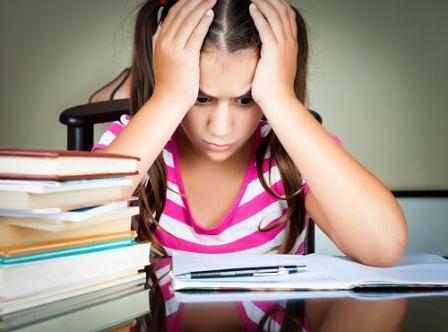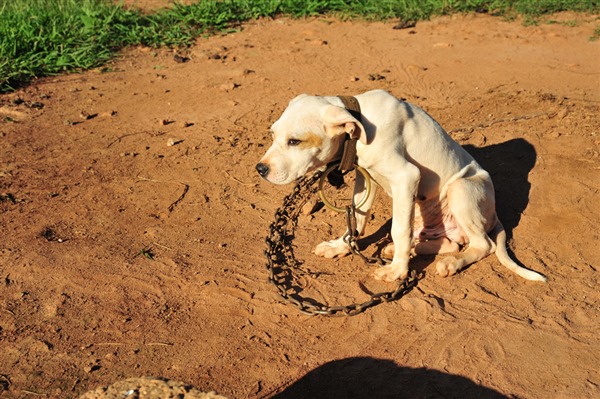In a previous publication, I discussed how the development of human reasoning gave rise to the emergence of inequality. As men gradually acquired more leisure time and came to form primitive societies, “[p]eople become accustomed to consider different objects and to make comparisons. Imperceptibly they acquire the ideas of merit and beauty that produce feelings of preference” (Discourse on the Origin and Foundations of Inequality Among Men, 73).
In modern societies, we witness varying degrees of lookism, referred to as the discrimination that one receives based on one’s physical appearance, which was, oftentimes, judged based on a certain beauty standard established by society. I have had the opportunity to come across several works that shed light on what may happen in a society with an obsession with appearances, namely the webtoon Lookism. In this world, one’s appearance decided one’s future. If you were handsome enough, you would get more opportunities; if you were pretty enough, you were respected and cherished. Good looks brought popularity and favor with fellow men. Failing to meet the beauty standard could lead to severe bullying and harassment, as is the case for the main character of the webtoon, Daniel Park. When Daniel was suddenly bestowed with a new body with a handsome face and extraordinary physique, he began to experience the benefits that came with having a nice face such as the lack of physical harassment, his voice now held significance, and job opportunities. There was a drastic difference in the way others treated him in his enhanced body versus his original body.
Before I continue, I must clarify that there is nothing inherently wrong with having preferences in terms of appearances. However, when a society places an excessive amount of importance on looks, there arises a perversion in the act of imposing one’s expectations of beauty upon another and acting accordingly based on the judgment of that person’s appearance, as Daniel’s society demonstrates. In the state of nature, the savage man did not concern himself with appearances, seeing as he had no need to. In this state, he did not have to worry about maintaining his appearance to please the fleeting expectations of man by putting on makeup, getting plastic surgery, or buying luxury-brand clothing. I leave with this statement from my discourse on the origins of inequality: “The more one reflects on it, the more one finds that this state was the least subject to upheavals and the best for man…” (74).

Also, apologies for the late post.



